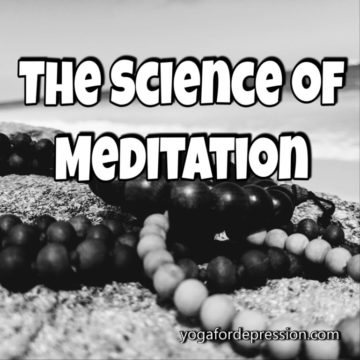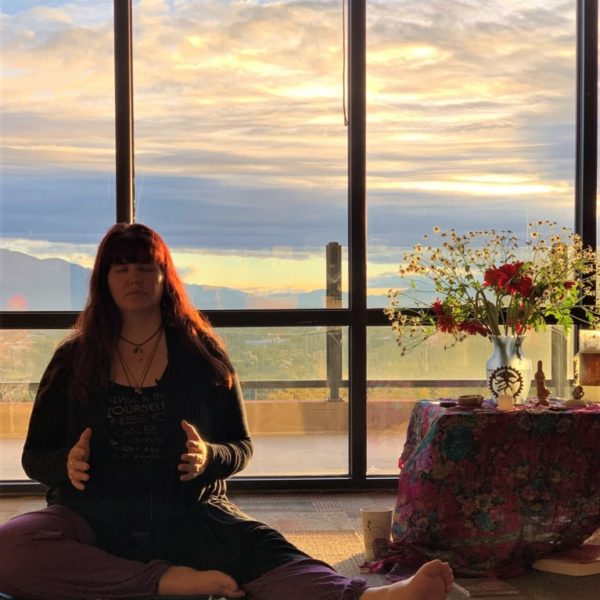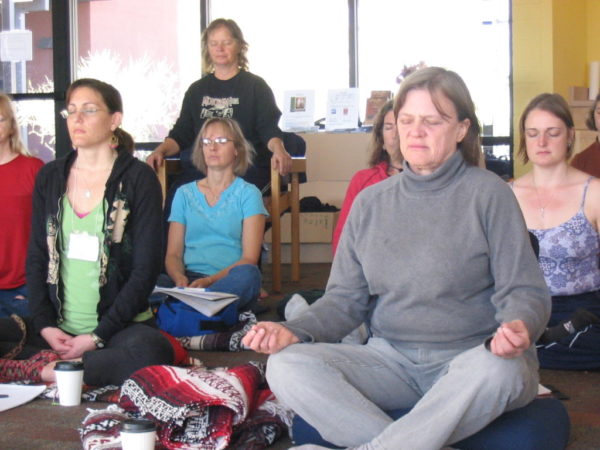
Wouldn’t it be nice to feel less stress in life? Not only can meditation you reduce your perceived stress, you can change the way your brain views the world around you! Life is not inherently stressful, nor is it good or bad. Life just is. The way we view the life determines how we feel about it. And the way we view the world is in part determined by our brains and brain structure.
That’s right, stress changes our brains. It makes the thinking and reasoning part smaller and it makes the stress-reaction part bigger. This means that we are more inclined to view the world as a trigger. The good news is that there is a lot we can do to change this. Meditation is one.
Benefits of Meditation
- Reduces stress
- Controls anxiety
- Promotes emotional health
- Enhances self-awareness
- Lengthens attention span
- May reduce age-related memory loss
- Can generate kindness
- May help fight addictions
- Improves sleep
- Helps control pain
- Can decrease blood pressure
- The practice goes anywhere
This list, with supporting research, comes from healthline.com.
Meditation has been around for thousands of years. The traditions of meditation that we are more familiar with come from India, but as a practice, there is no limitation of origin or practice. What is it about this ancient practice that has us so captivated? Well, that’s just it – meditation is captivating. It changes our brains and makes us calmer and more focused. A study published in February shows the relationship between emotional regulation and a reduced stress response in long term meditators.

This study looked at the physiological stress response and stress-related ratings in long-term meditators and naïve meditators. To measure the stress response, researchers measured changes in salivary cortisol, heart rate, and heart rate variability. The results revealed long-term meditators had faster cortisol recovery from stress and experienced higher self-esteem and less shame after exposure to a social-evaluative threat. Long-term meditators also got a higher score on “adaptive cognitive emotion regulation strategies, such as acceptance and positive reappraisal, and lower on maladaptive ones, such as catastrophizing.” These results suggest that a meditation practice supports us with a faster recovery from stress. The researchers posit that this faster recover is due to the “employment of adaptive emotion regulation strategy of acceptance, delineating a pathway underlying the positive effects of meditation on stress.” 1
Its not just the stress response that changes when a person has a meditation practice. MRIs in individuals with an extensive Insight meditation experience showed that older practitioners had increased cortical thickness (thinning is a natural part of aging). The cortical region of the brain (cerebrum or cortex) is associated with higher functions like thought, action, and response.2 Not only does the cortex get bigger, our gray matter density increases. Gray matter makes up the cell bodies, axons, and synapses in the brain. Essentially, the denser your brain matter, the better things function.3

Meditation is an advanced practice in yoga. We cover the differences in practice during our Meditation for Beginners webinar. In short, long-term meditators are successful at meditation. Naïve meditators are just starting out on the practice and tend to fail and struggle. Meditation as a practice teaches us that we are so much more than our thoughts, reactions, and experiences. It puts us in connection with our sense of wholeness. Through the practice of meditation, we are establishing deeper pathways to wisdom and non-reactivity.
Footnotes
2Meditation experience is associated with increased cortical thickness. Nov 2005
3Mindfulness practice leads to increases in regional brain gray matter. density. Jan 2012